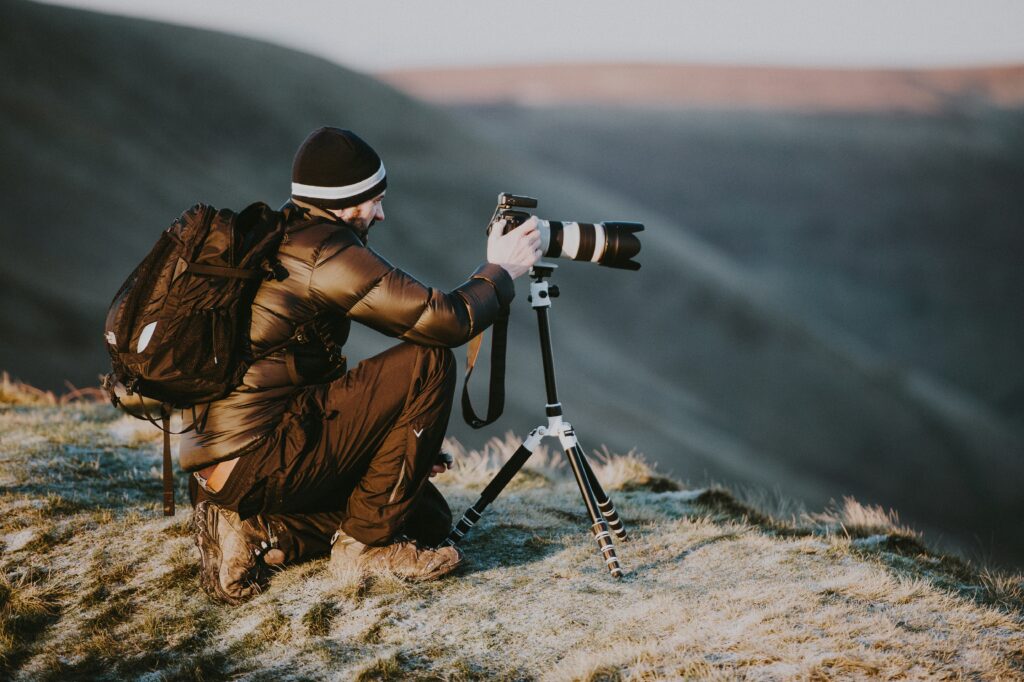Commissioned photographs and copyright ownership


Arts Law advised a professional photographer. The photographer had been commissioned to take commercial photos for a client, a bridal dress retail business. Models and hair and makeup artists were hired. Ordinarily, the photographer provides agreements for his photography services to his clients and has all models sign release forms, however given that he had a good working relationship with his client, they just had a more informal oral agreement in place.
Following the photoshoot, it came to light that the hair and makeup company had published one of the photographs on their social media. The photographer was fine with this; however, his client was not and wrote to the photographer alleging copyright infringement and demanded the photograph be taken down.
The Photographer didn’t want to upset the client, so he cooperated by contacting the hair and makeup company who promptly removed the photograph from their social media. Despite this, his client continued to threaten legal action.
As a professional photographer he was aware of his rights and was quite sure he owned the copyright in the photograph however, given the threat of legal action by the client, he contacted Arts Law for clarification.
Arts Law Solicitor Roxanne Lorenz advised Photographer:
- Photographers commissioned to take commercial photographs, own copyright in the photos (unless they agree otherwise in writing). Hence the photographer was the copyright owner and as such does not need to seek his client’s permission to publish the photos. With respect to the hair and makeup business publishing the photos, that was a matter between them and photographer (being the copyright owner).
- However, the commissioner has a licence/right to use the photos for the purpose for which they commissioned them. So, in this case, the photographer’s client was not entitled to prevent the photographer’s use of the photographs or to stop others from using them. As a commissioner of a commercial photo, the only right they get is the right to use the photo for the purpose they commissioned it for.
- This legal position can be changed by written agreement. So, for example, had the photographer agreed with his client that only they could exclusively publish the photos or that they were the copyright owners, then it would be a different story. In this instance, there was no such agreement in place.
- When models are used in photoshoots, it’s wise to use model releases so that the photographer and models are on the same page and to avoid any headaches down the track.
This case study highlights the importance of written agreements, even where the parties are on friendly terms, to ensure that everyone has a clear understanding of their rights and obligations.
Arts Law has the following templates for photographers:
The photographer was very grateful for receiving this clarification around copyright and commissioned photos. It was very rewarding for Arts Law to hear that the matter has been resolved and the photographer has been able to return to focusing on his business.


